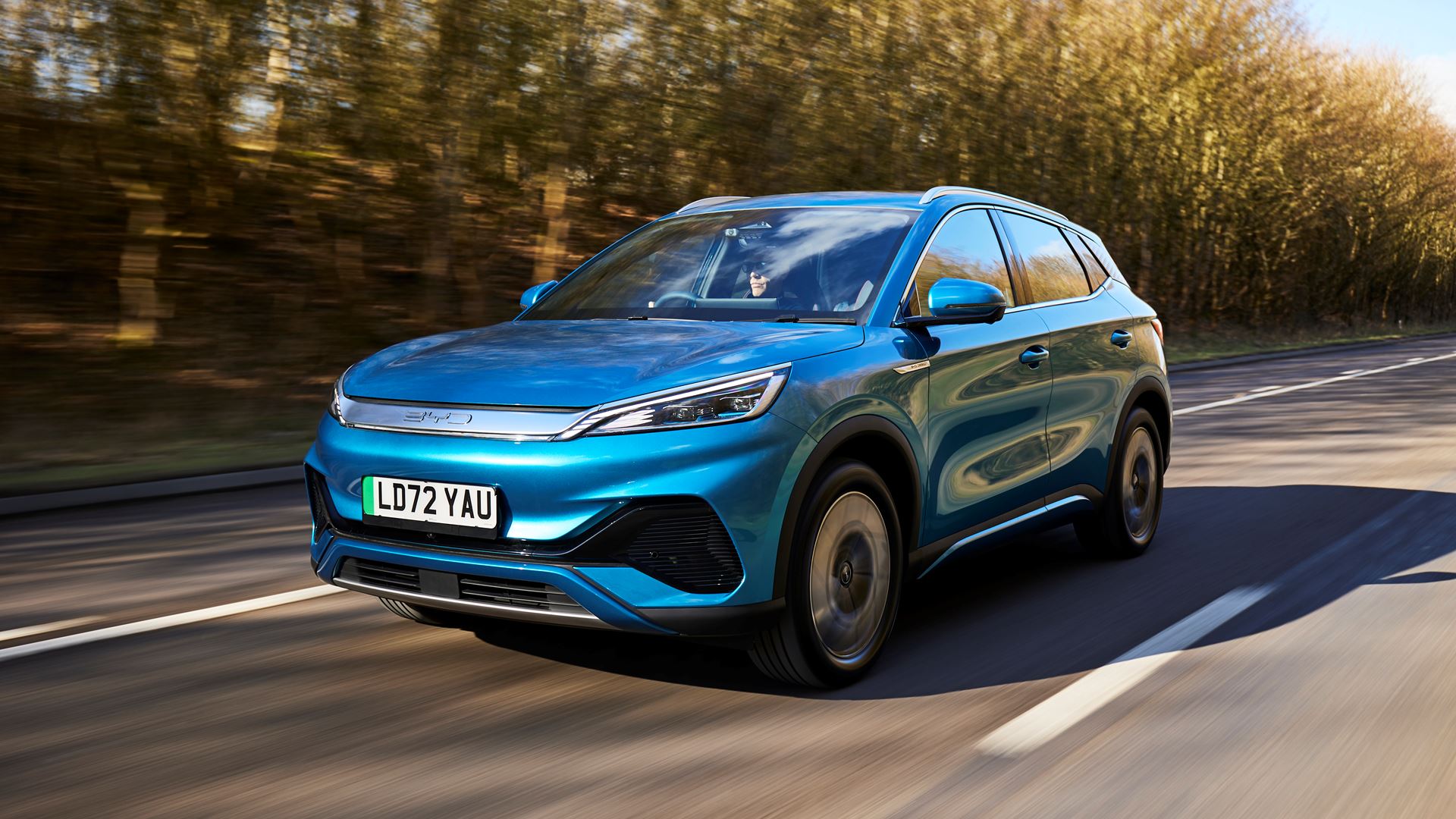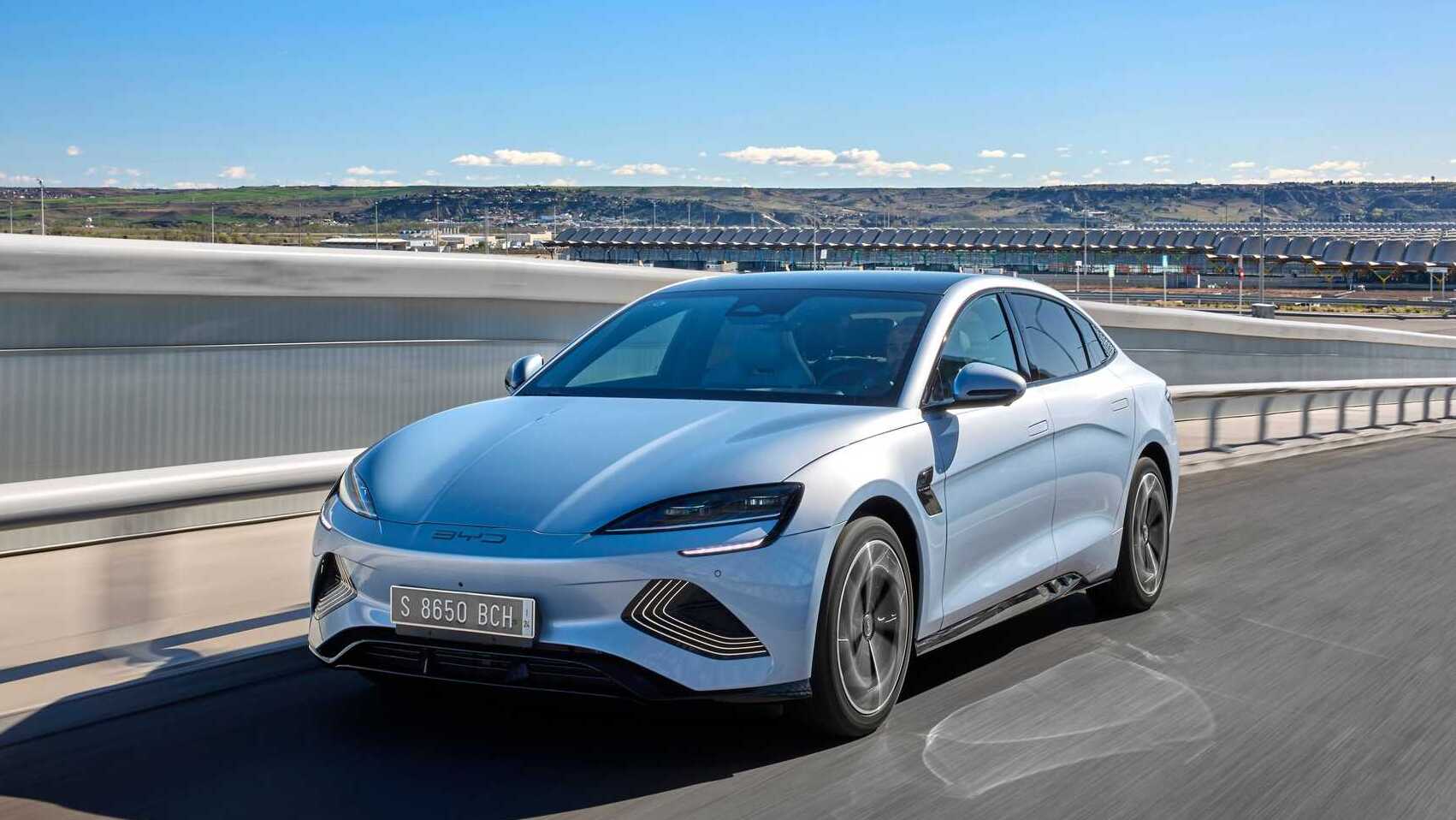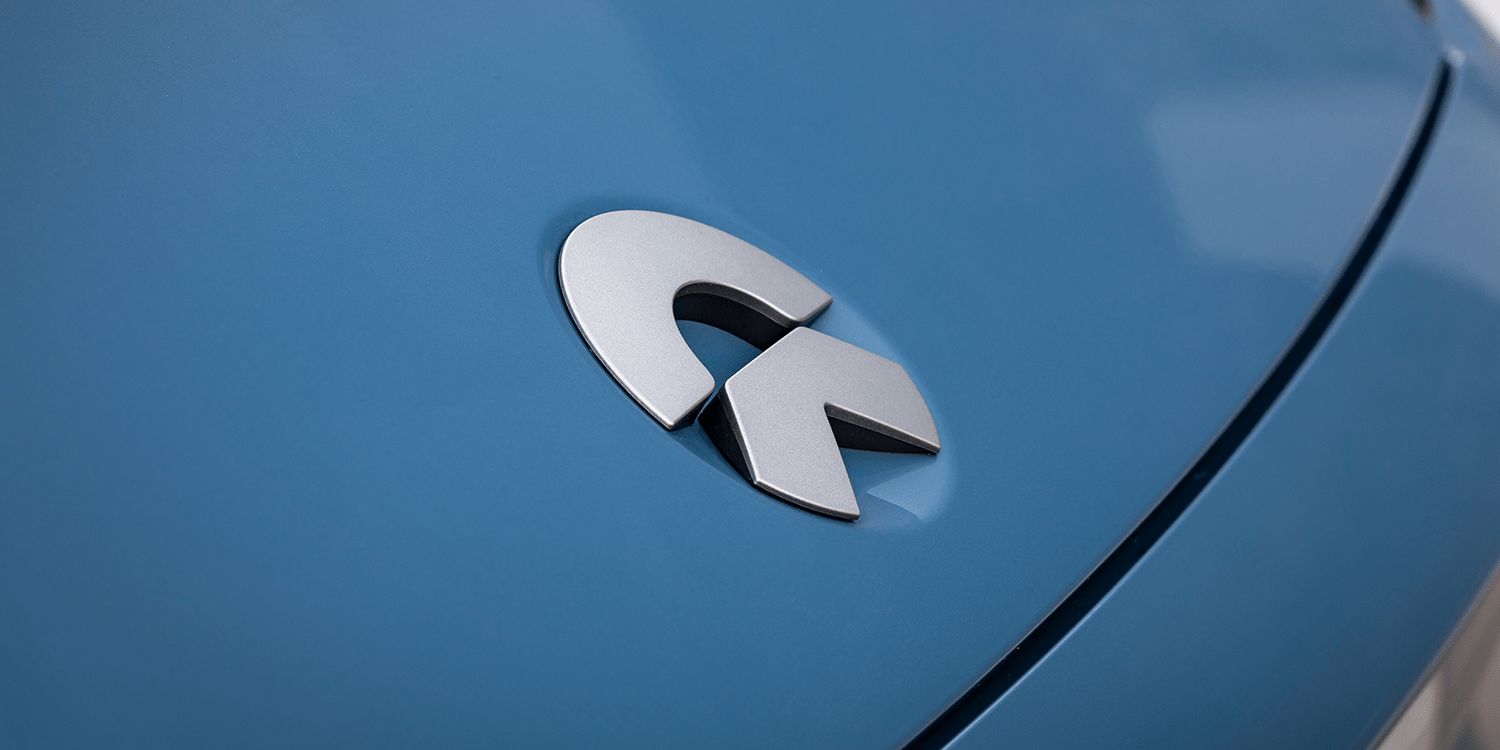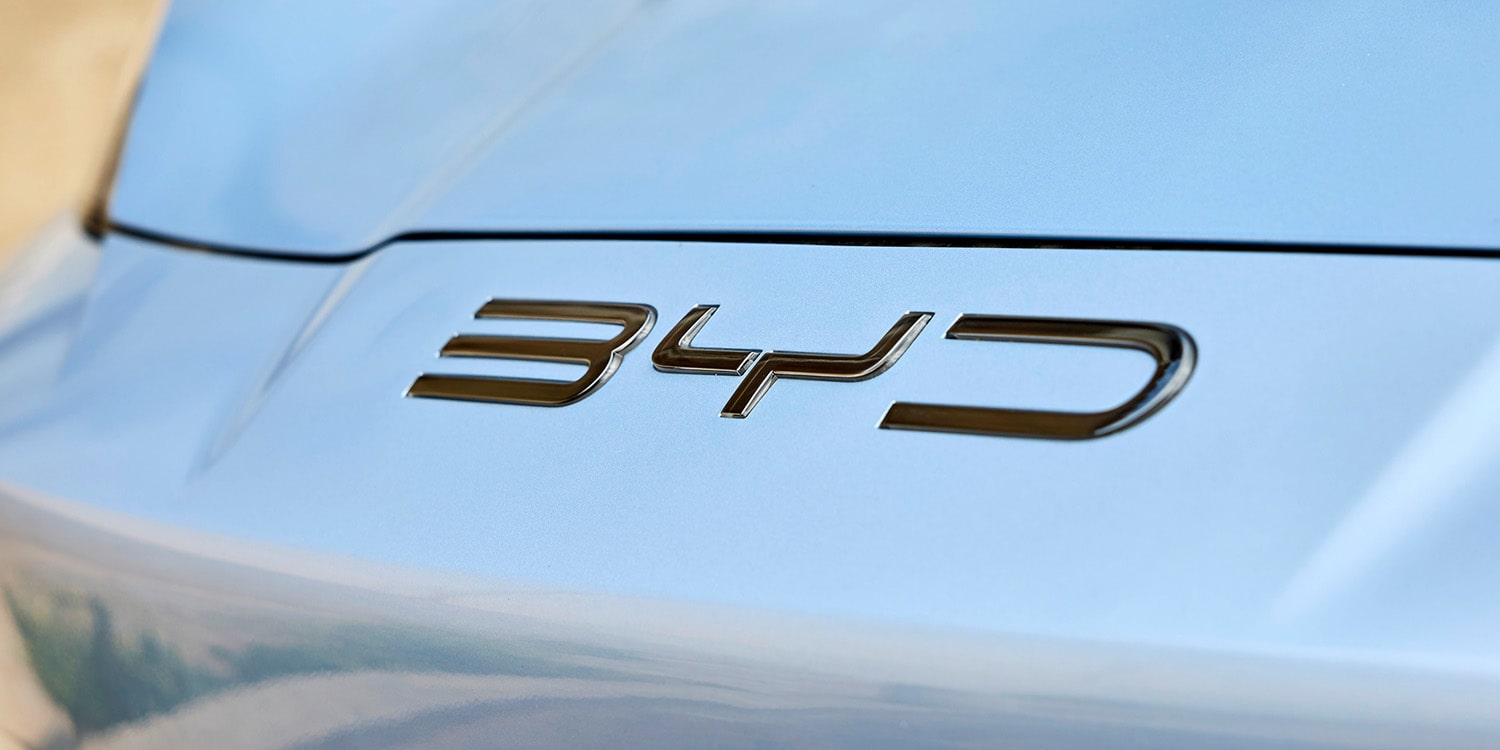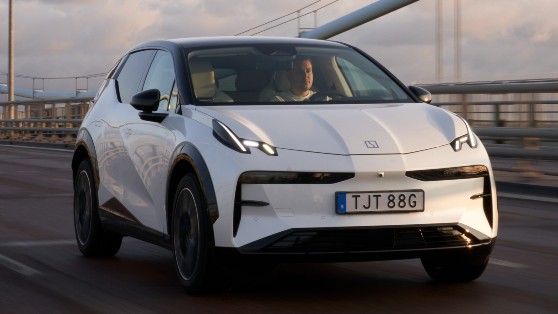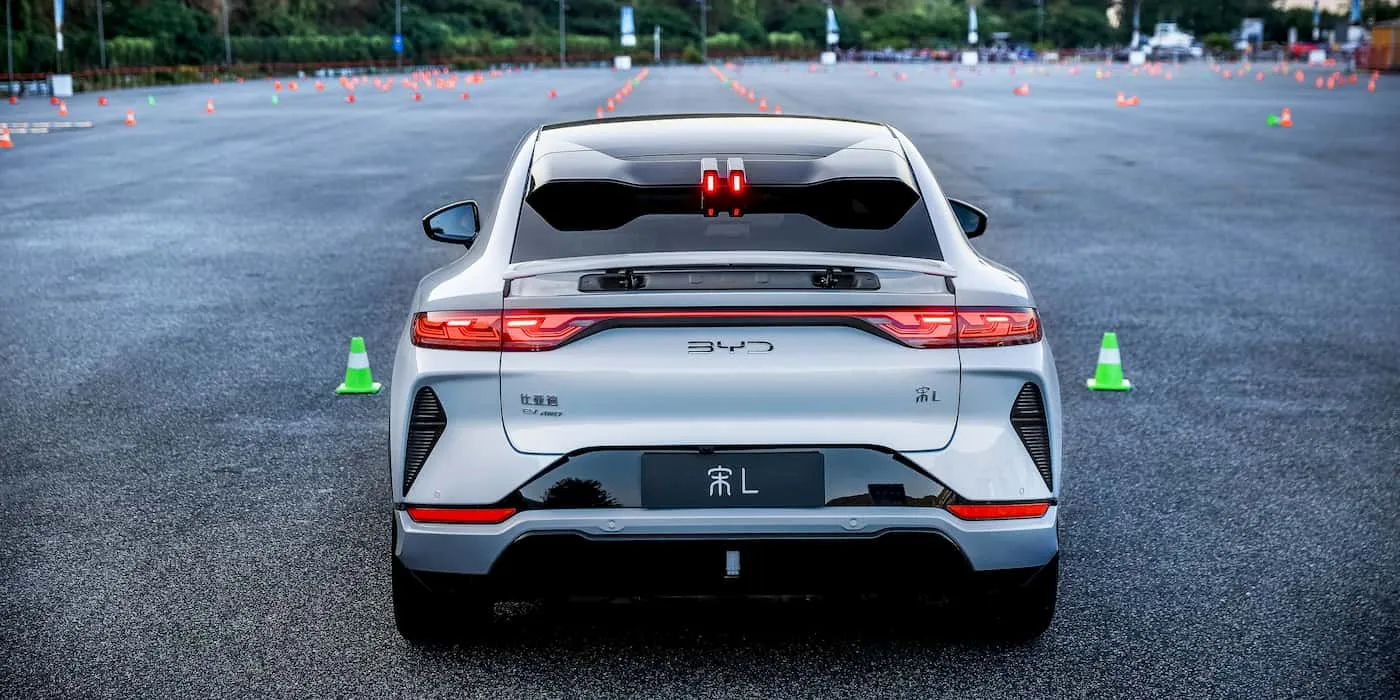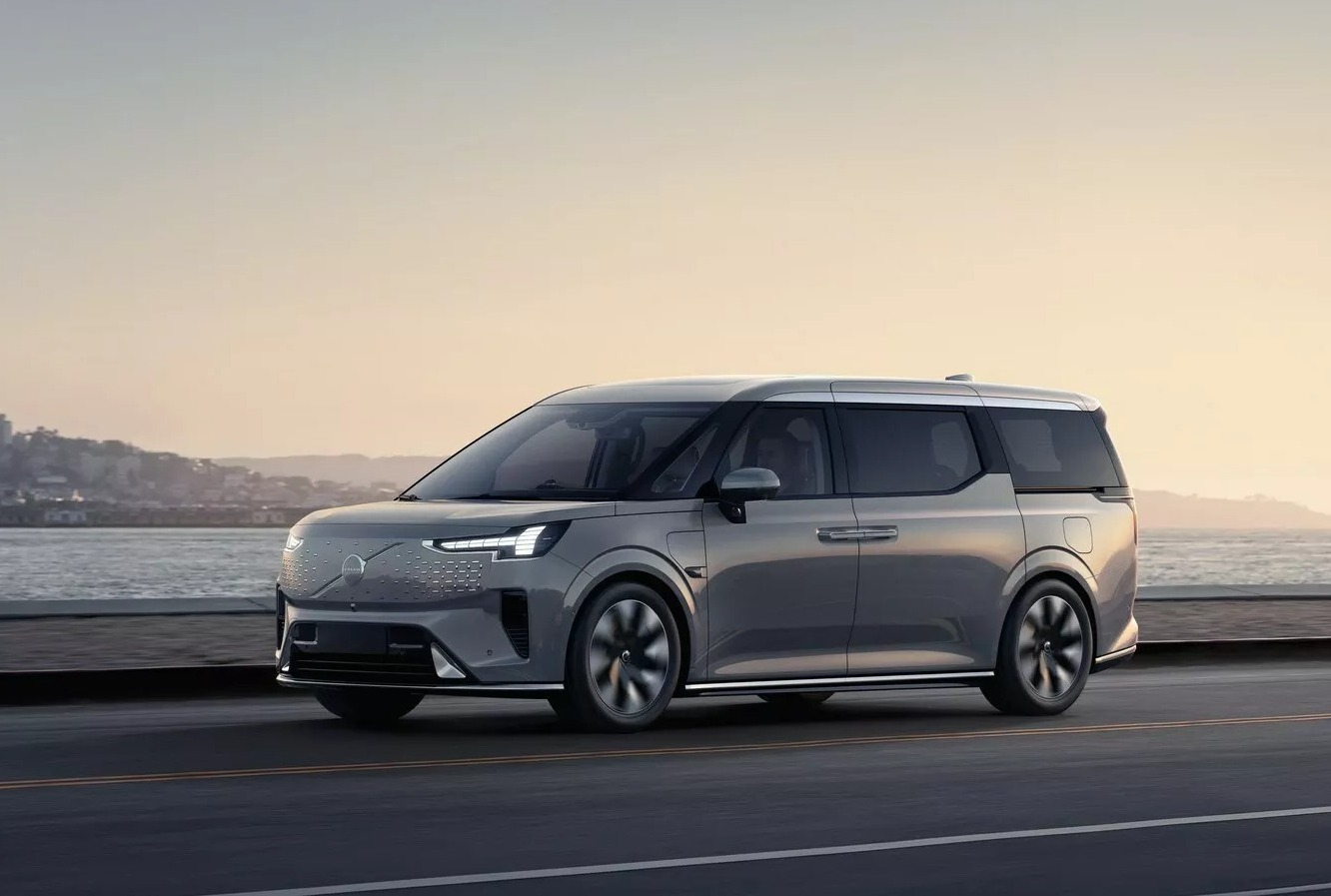BYD continues its overseas expansion, emerging as a significant player in Japan’s electric vehicle (EV) imports, accounting for over 20% of the nation’s total last month. The growth of BYD’s presence in Japan comes at a time when the country is gradually transitioning to electric mobility, albeit lagging behind the global trend.
Recent data from the Japan Automobile Importers Association (JAIA) reveals a notable increase in Japan’s total EV imports, reaching 1,186 units, representing an 11% uptick from the previous year. Among these imports, BYD contributed 217 electric cars, marking a remarkable achievement considering its recent entry into the Japanese market.
See also: BYD starts EV sales in Japan, first model Atto 3
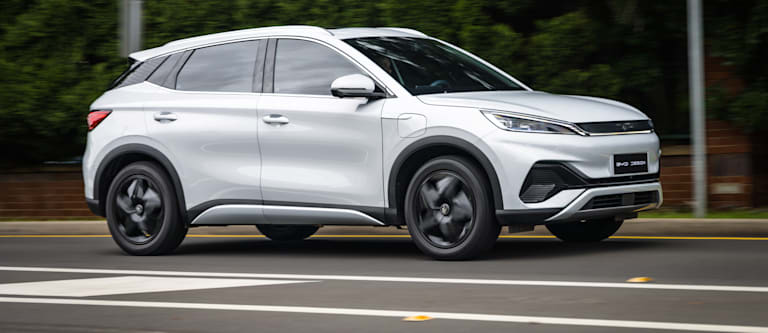
BYD made its foray into Japan’s auto sector just last January, introducing its affordable Atto 3 electric SUV, known as the Yuan Plus in China. Building on this momentum, the company launched its Dolphin electric hatch in September, priced competitively at ¥3.63 million ($24,500), positioning itself to compete with established Japanese automakers like Toyota.
The Dolphin EV boasts a 70 kWh battery, offering a range of up to 250 miles (400 km), with an extended range variant featuring a 150 kWh battery providing up to 295 miles (476 km) of range. BYD plans to further strengthen its product lineup by introducing the Seal electric sedan this spring.
See also: BYD Launches Dolphin Electric Vehicle in Japan with Competitive Pricing
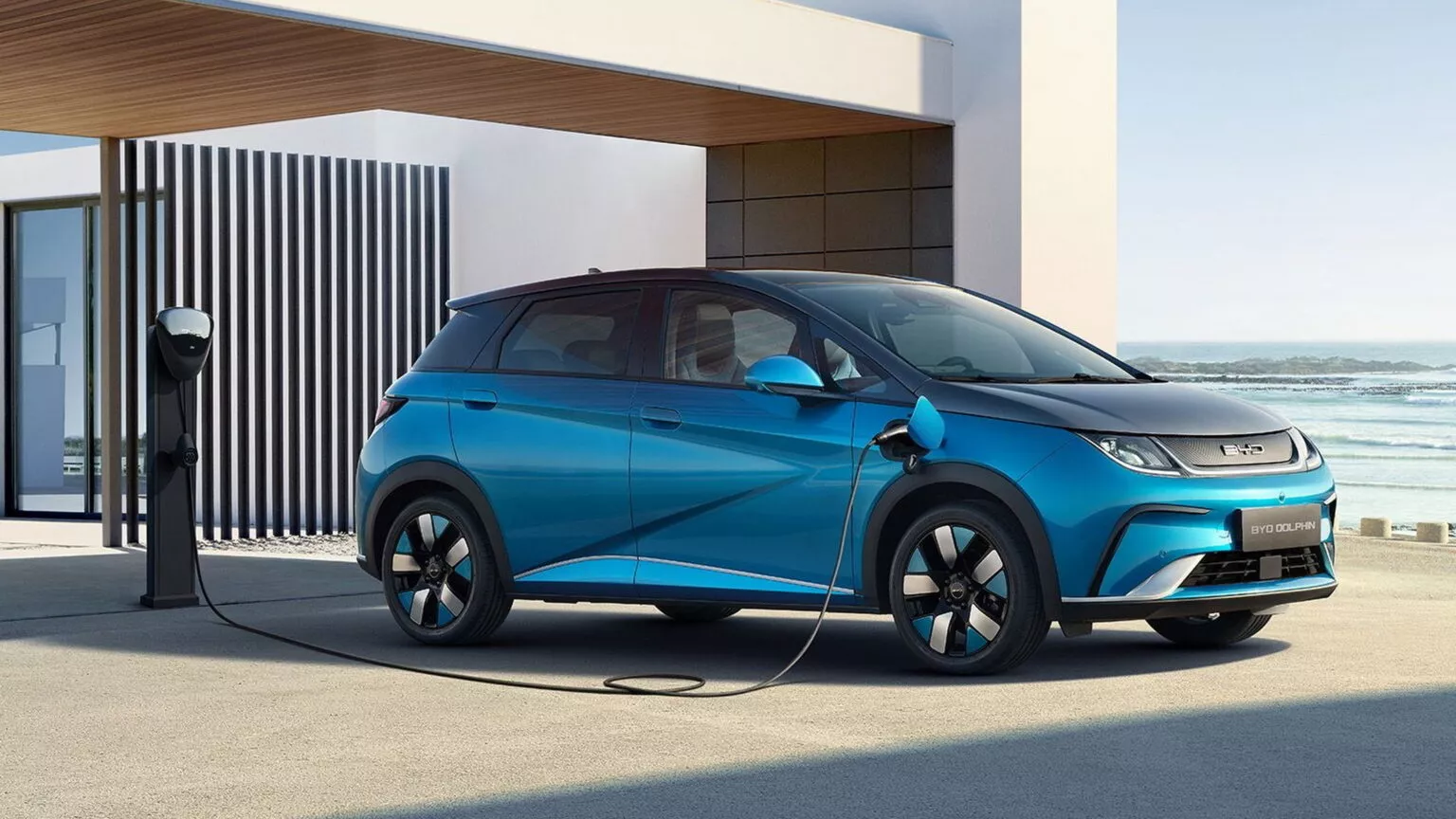
In addition to expanding its vehicle portfolio, BYD aims to bolster its presence in Japan by establishing over 100 outlets by 2025. The Chinese automaker’s success in Japan is notable, as it accounted for over 1% of the country’s total auto sales last month, highlighting the competitive landscape within the EV market.
While BYD’s expansion gains momentum, domestic automakers such as Toyota, Honda, Mitsubishi, Nissan, and Mazda face challenges in keeping pace with the industry’s shift towards electric mobility. Despite Toyota’s dominant position in Japan’s auto market, with over 11.2 million vehicles sold last year, only a fraction—104,000 units—were all-electric. This contrasts with Tesla’s global success, exemplified by the Model Y outselling traditional favorites like the RAV4 and Corolla, underscoring the evolving dynamics of the automotive industry.

